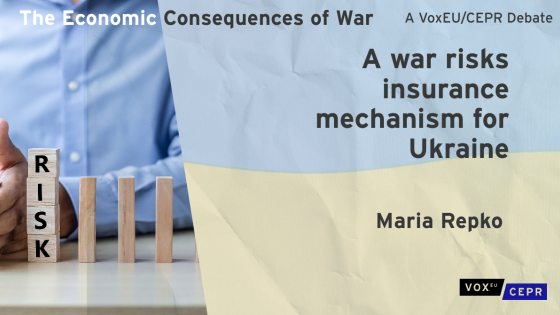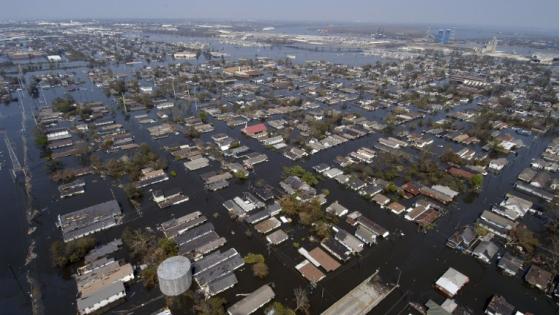DP2295 Risk Sharing and Industrial Specialization: Regional and International Evidence
We provide empirical evidence that risk sharing enhances specialization in production. To the best of our knowledge, this well-established and important theoretical proposition has not been tested before. Our empirical procedure is summarized as follows. First, we construct a measure of specialization in production, and calculate an index of specialization for each of the European Community (EC) and non-EC OECD countries, US states, Canadian provinces, Japanese prefectures, Latin American countries, and regions of Italy, Spain, and the United Kingdom. Then, we estimate the degree of capital market integration (a measure of risk sharing) within each of these groups of regions: the EC countries, the non-EC OECD countries, the United States, Canada, Japan, Italy, Spain, and the United Kingdom (and rely on another author's estimate for Latin America). Finally, we perform a regression of the specialization index on the degree of risk sharing, controlling for relevant economic variables. We find a positive and significant relation between the degree of specialization of individual members of a group of countries, provinces, states, or prefectures, and the amount of risk that is shared within the group. We perform regressions using variables such as shareholder rights and the size of the financial sector (relative to GDP) as instruments for the amount of inter-regional risk sharing. These regressions confirm that risk sharing - facilitated by a favourable legal environment and a developed financial system - is a direct causal determinant of industrial specialization.


